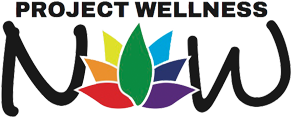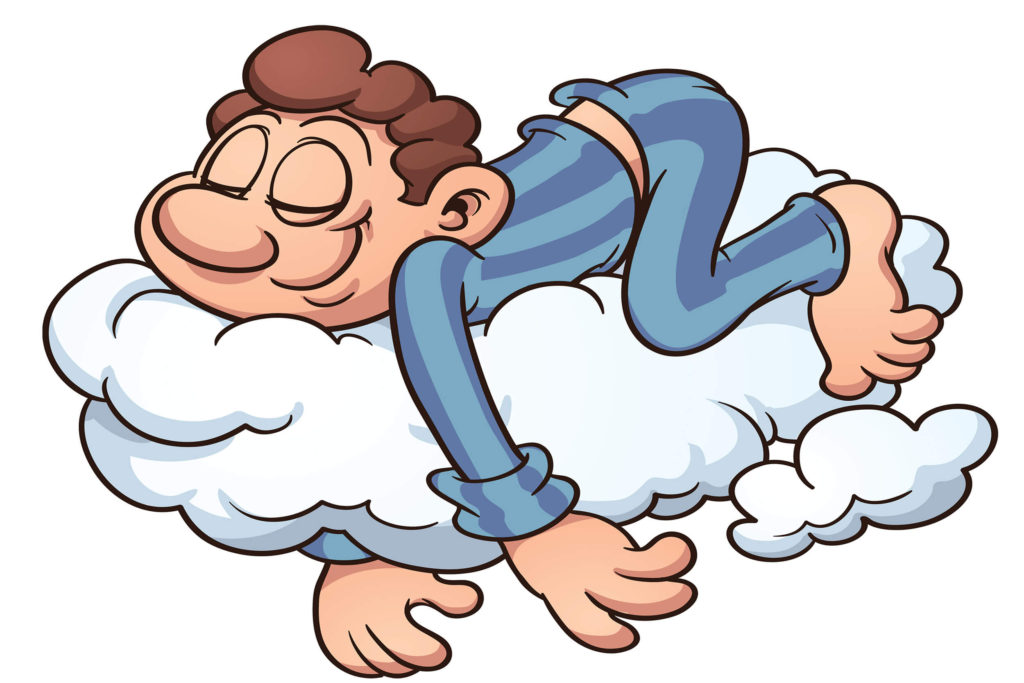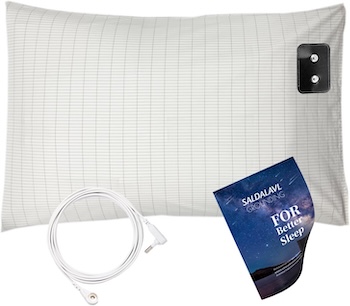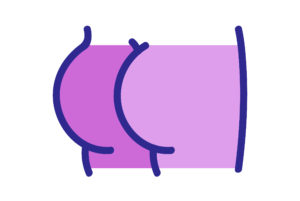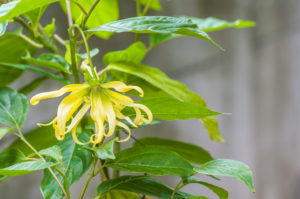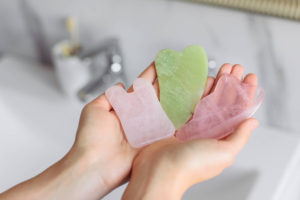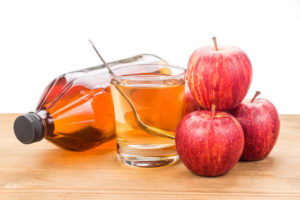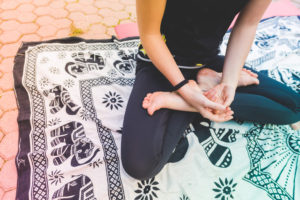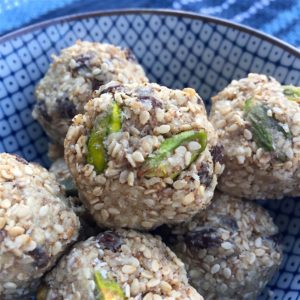Perhaps you’ve thought of rest and relaxation as a luxury or getting 8 hours of sleep for the lazy, but science says sleep deprivation is not only unpleasant, it can be deadly.
Negative Effects of Sleep Deprivation
Anyone who’s ever needed to catch up on sleep should know it is truly an elixir of life. You feel like a new person, don’t you? Nevertheless, in recent days, we’ve undervalued this primal human function. It’s much more en vogue to get jacked up on energy drinks, pre-workout supplements, and Venti Americanos, not to mention the literal buzz caused by our glaring computer, phone, and smart TV screens. The result? According to many studies, sleeping less than 8 hours/night results in:
- lowered immunity
- depleted energy
- mood swings
- slower metabolism
- thicker waistlines
- higher chance of accidents
- forgetfulness
- damage to the brain
…and the beat goes on.
John Peever, director of the Systems Neurobiology Laboratory at the University of Toronto, and Brian J. Murray, director of the sleep laboratory at the Sunnybrook Health Sciences Center wrote in Scientific American:
“Sleep serves to reenergize the body’s cells, clear waste from the brain, and support learning and memory. It even plays vital roles in regulating mood, appetite and libido.”

Because of sleep’s role in energy production, it’s no surprise that sleep deprivation leads to cravings for sugar and simple carbohydrates, as these provide the body with a quicker source of energy, albeit far less sufficient. In some sense, your body is trying to compensate for the loss of sleep by getting fuel from quick sources of glucose. Not only does this lead to rapid weight gain, but it contributes to the risk of type 2 diabetes. One study looked at the effects of “disturbed sleep patterns” on 10 young, healthy adults:
After a mere four days, three of them had blood glucose levels that qualified as pre-diabetic.
According to a report in the Journal of Occupation and Environmental Medicine, a study done on women showed that working the night shift could increase the risk of cancer by 400%.
6 Ways to Sleep Better at Night
Maybe you’d love to sleep longer and deeper, but you’ve had trouble lately? Try these natural, non-toxic remedies, and let us know how it goes!
1. Lights Out
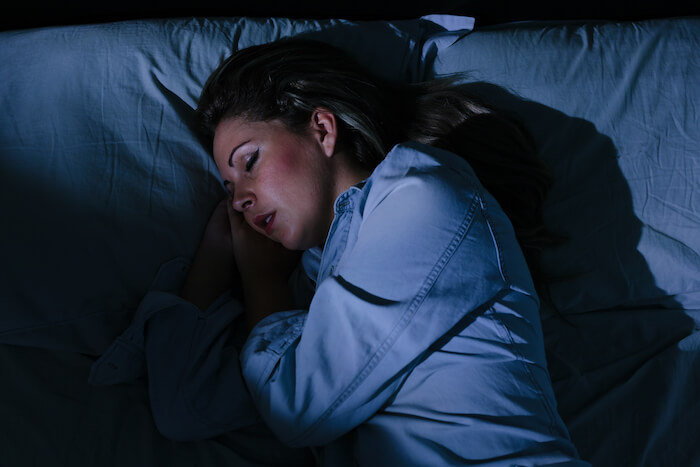
Humans are not designed to stare at glaring screens or enjoy bright lighting day and night. We are designed to receive sunlight through our eyes during the day, which in turn causes the brain to produce the hormone melatonin once the sun goes down. Melatonin release is triggered by darkness and induces sleep.
Sleep experts recommend, ideally, getting plenty of natural sunlight during the day and shutting off all artificial lights and electronic equipment one hour before sleep. If that’s too extreme for you, you’re in good company. Start with lower lighting instead of none and if you can’t get off the computer or phone, lower the brightness of your screen as bedtime approaches. You can also find anti-blue ray glasses that will eliminate the infamous blue ray which causes wakefulness.
2. Create The Right Environment
The best sleep occurs in a completely dark room that is 60-73F and quiet. Sometimes, having a little white noise such as a fan running can help to mute outside noises and prevent sleep disruption. If you can’t eliminate light, consider a sleep mask. There are manly ones, too.
3. Limit Caffeine Intake

Perhaps giving up your beloved tea or coffee is next to impossible, but for most, it isn’t entirely necessary, either. Caffeine can remain active in a person’s system for up to 12 hours. Get to know your body. Give yourself a reasonable cut-off time. If you’re having trouble falling or staying asleep at night, and you do have a regular caffeine habit, it may be the culprit. Cut back or, even better, switch to superfood coffee substitutes.

4. Diffuse Vetiver Essential Oil
Many essential oils can play a role in helping you sleep, and Vetiver is one of the most powerful. A 2001 study showed that Vetiver relieved hyperactivity among other symptoms of ADHD in children by 100%. Vetiver is powerfully relaxing and helps to stop racing thoughts. Be certain your essential oils are of the highest quality and therapeutic grade, or they may be less effective at best and toxic at worst. Create a sleep blend for your diffuser using vetiver, lavender, geranium, and frankincense. Not only will the oils help you sleep, but they also contribute to overall brain and immune health.
5. Herbs
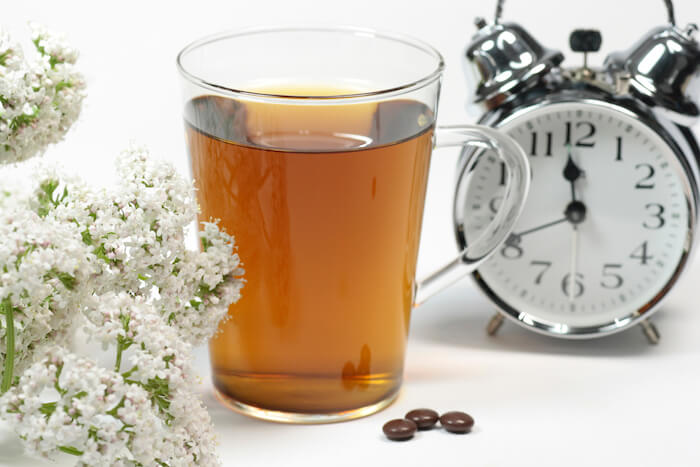
Herbs can also help you fall and stay asleep. Valerian, passionflower, chamomile, and ashwagandha sometimes come together in sleep blends or can be effective separately.
6. Sleep Nutrition
Eating sugar and refined carbs, especially at night, can have a negative impact on your sleep. It is advised that you eat a light dinner at least three hours before you go to bed. Supplementing Calcium-Magnesium one hour before bed can also help you to stay asleep. This is a great option for you if you tend to have night jerks that wake you up. Sleep paralysis could be a sign of a deficiency in these nutrients.
7. Earthing
Last but not least, try earthing! The idea behind earthing is that staying connected to the earth’s natural energy is essential for our health. When we are connected directly to the earth, for example, walking barefoot on the beach, we receive a bolt of energy that revitalizes us. By the same token, sleeping while directly in touch with the earth could contribute to sleeping deeper and waking up feeling refreshed. That’s why some brilliant minds came up with the idea of bed sheets that are made with a connective silver thread. How cool is that?
YOU MAY ALSO LIKE:
5 WAYS TO STRECH AND REVIVE YOUR BUTT AFTER SITTING ON IT ALL DAY
By now, you’re probably aware that sitting is the new smoking — it’s truly been all over the news lately. Researchers…
YLANG-YLANG – THE QUEEN OF ESSENTIAL OILS
As frankincense is the King of Essential Oils, ylang-ylang is the Queen. Ylang-ylang oil is extracted from the flowers of a…
WHAT IS GUA SHA TREATMENT GOOD FOR?
Have you ever unwillingly had your body serve as the host for nasty chest congestion that does not seem to go…
APPLE CIDER VINEGAR – GOOD FOR WHAT AILS YOU
Many people use raw Apple Cider Vinegar to deal with anything from indigestion to warts. ACV is believed to have antiviral and antibacterial…
WHAT IS MEDITATION? – IT’S ESSENCE AND BENEFITS
You’ve probably heard about meditation – and perhaps also about some of its many physical, mental, and emotional benefits, such as…
RAW SESAME PISTACHIO BALLS
Sesame seeds are the latest superfood. They’re not only good for your heart and blood pressure, but they also balance hormones!…
